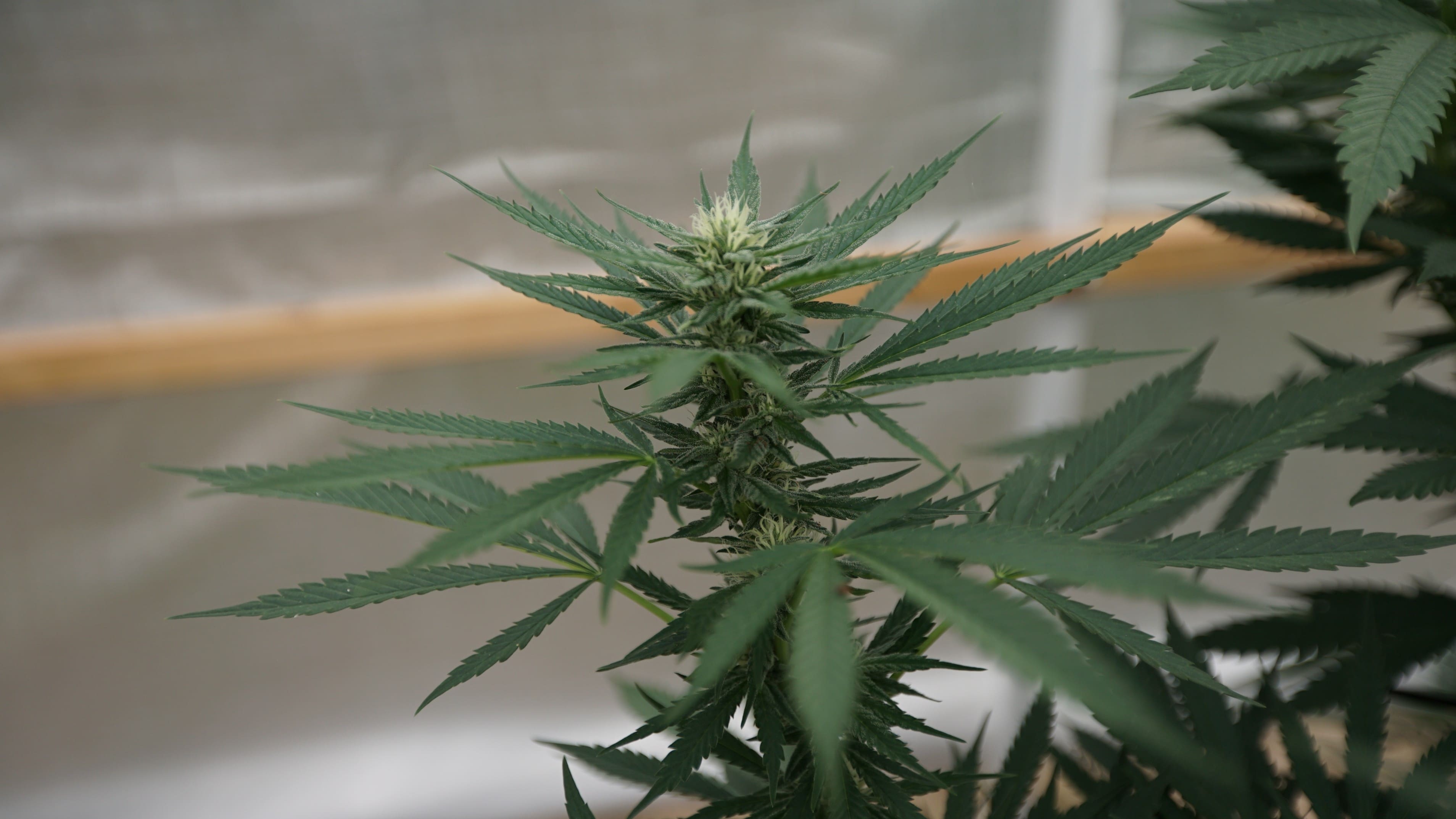The heads of Caribbean nations have agreed to “review marijuana’s current status with a view to reclassification,” noting “human and religious rights” issues stemming from criminalization as well as “the economic benefits to be derived” from legalization.
The move, which was announced by The Caribbean Community (CARICOM), an organization of nations including Bahamas, Barbados, Haiti, Jamaica and others, comes after a committee formed by the group recommended replacing cannabis criminalization with legal regulation.
“The medical and scientific evidence is clear that marijuana has substantial value,” commission Chair Rose-Marie Belle Antoine said. “Thousands of people are being imprisoned especially the most vulnerable and most marginalised in the region.”
The 19 Caribbean heads of state attending the group’s meeting in Jamaica this week “welcomed” the report, according to the official communique released at the conclusion of the gathering on Saturday, which also notes that “the current classification of marijuana as an illicit drug presented a challenge in the conduct of research to fully understand and ascertain the medicinal benefits to be derived.”
“They are recommending the decriminalisation of marijuana. They are recommending that it be deemed a substance that is controlled and managed as alcohol,” CARICOM Secretary General Irwin LaRocque said of the commission’s report.
The communique issued by the heads of state reads:
“Heads of Government welcomed the Report
of the Regional Commission on Marijuana. They noted its findings,
conclusions and recommendations in particular with respect to human and
religious rights; the social and developmental impact of use among
adolescents; the economic benefits to be derived and issues related to
its classification.
“They expressed deep appreciation to the
Commission’s Chair, Professor Rose-Marie Belle Antoine and the other
members of the Commission for their very comprehensive report.
The
Commissioners, representing a range of disciplines conducted region-wide
consultations to inform the Report.
“Heads of Government recognised that the
current classification of marijuana as an illicit drug presented a
challenge in the conduct of research to fully understand and ascertain
the medicinal benefits to be derived.
“They agreed that action should be taken
at the national level by the relevant authorities to review marijuana’s
current status with a view to reclassification taking into account all
international obligations.
“They also expressed concern about the effect of marijuana use on young persons given the conclusive evidence that existed.
“Heads of Government recognised that
Member States would need to review the Report in more detail to
determine action at the national level in relation to law reform models
as proposed by the Commission.
“Heads of Government expressed
appreciation to the Foundation to Promote Open Society (FPOS) which
provided resources for the work of the Commission.”
The move by Caribbean nations comes just weeks after Canadian lawmakers voted to legalize marijuana. Mexico’s incoming presidential administration is poised to end cannabis prohibition as well.


No comments:
Post a Comment